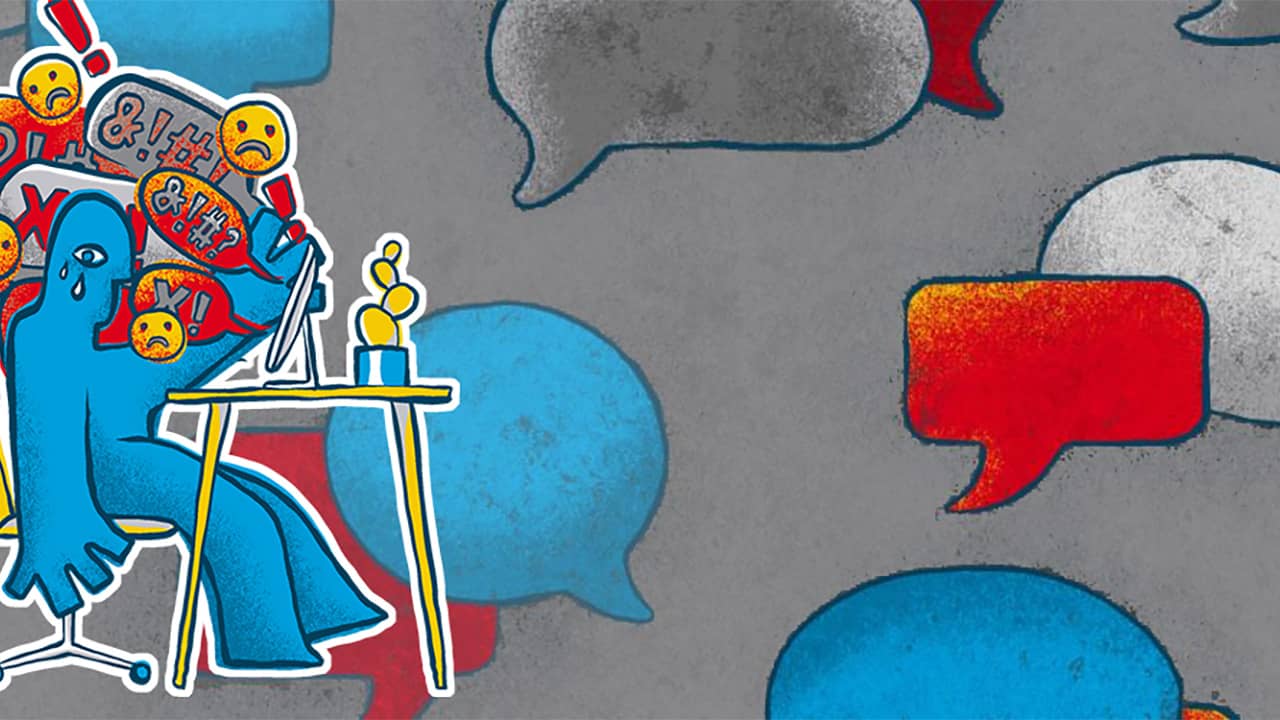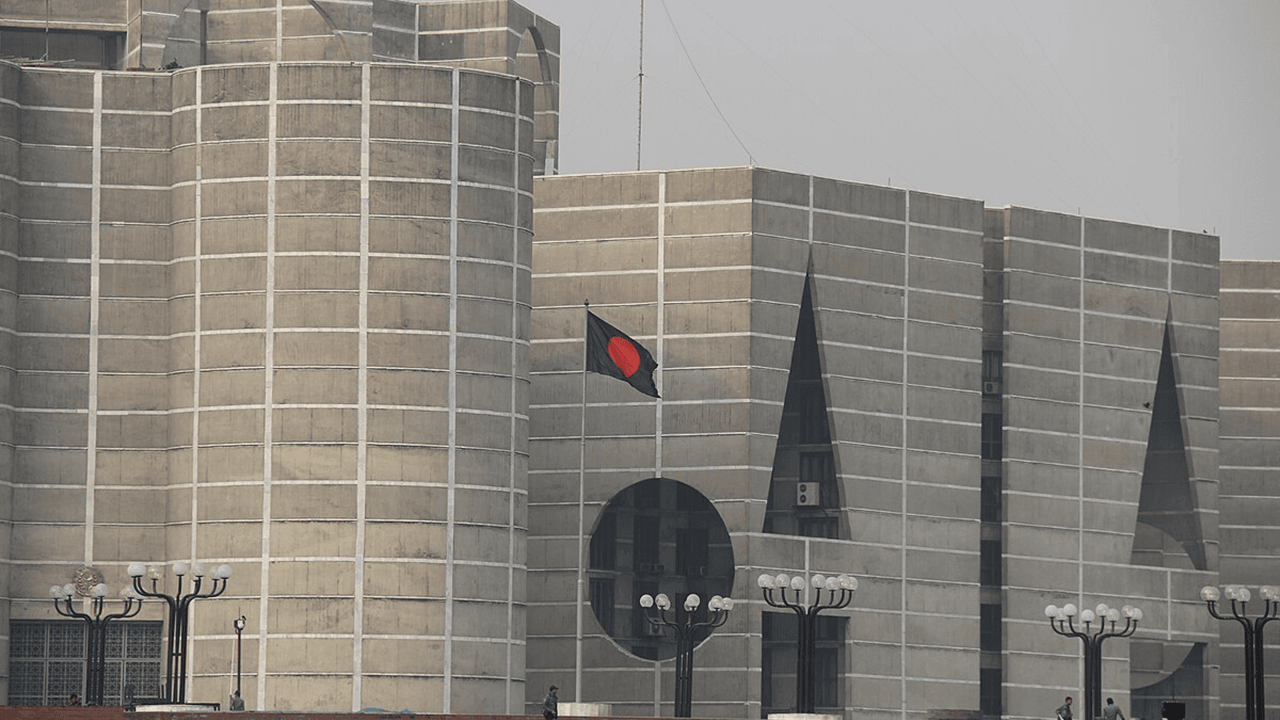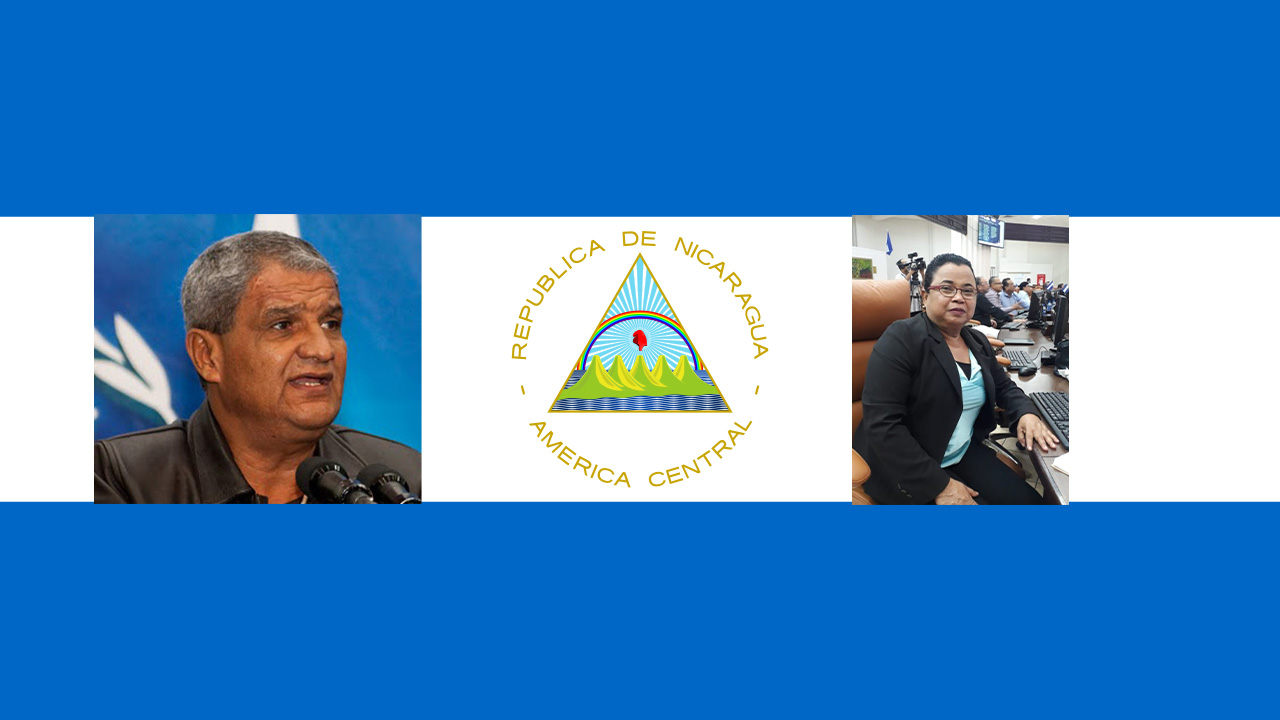
Parliamentarians for Global Action (PGA) marks the Third International Day for Countering Hate Speech by calling for a strong commitment to combat hate speech worldwide and its adverse impacts on vulnerable populations and democratic institutions.
Although there is no universal definition of hate speech, the June 2019 United Nations Strategy and Plan of Action on Hate Speech defines it as “any kind of communication in speech, writing or behaviour, that attacks or uses pejorative or discriminatory language with reference to a person or a group on the basis of who they are, in other words, based on their religion, ethnicity, nationality, race, colour, descent, gender or other identity factor.”
Hate speech feeds cycles of violence, which are exacerbated by disinformation, misinformation and incitement to violence that may trigger the commission of atrocity crimes. Recognizing the grave threat to democratic principles and institutions, peace and security and respect for human rights, the Security Council adopted Resolution 2686 (2023), urging the International Community to Prevent Incitement, Condemn Hate Speech, Racism, Acts of Extremism. Vulnerable and marginalized communities are the most impacted by the prevalence of hate speech, which can lead to discrimination, abuse and violence, and socio-economic exclusion.
Social media and new information technologies amplify hate speech and on-line violence, reaching broader audiences without accountability for perpetrators. Notably, technology-facilitated gender-based violence is a growing problem that can take many forms, including sextortion (blackmail by threatening to publish sexual information, photos or videos); image-based abuse (sharing intimate photos without consent); doxxing (publishing private personal information); cyberbullying; online gender and sexual harassment; cyberstalking; online grooming for sexual assault; hacking; hate speech; online impersonation; and using technology to locate survivors of abuse in order to inflict further violence, among many others. The consequence on health, safety, political and economic participation for women and girls, for their families and communities are dire. As women and girls self-censor to prevent technology-facilitated gender-based violence, their voices are silenced and democracies suffer. Although the number of women elected to political office has risen over the last two decades, progress has stalled or slowed in recent times.
Parliamentarians are the representatives of the people. In that role, they have broad prerogatives to introduce and approve legislation, discuss best practices with stakeholders, as well as oversee the actions of the government to counter hate speech. It is our collective responsibility to seriously tackle hate speech, which undermines all democratic goals, including Sustainable Development Goal 16 on promoting of peaceful and inclusive societies for sustainable development, providing access to justice for all and building effective, accountable and inclusive institutions at all levels.




